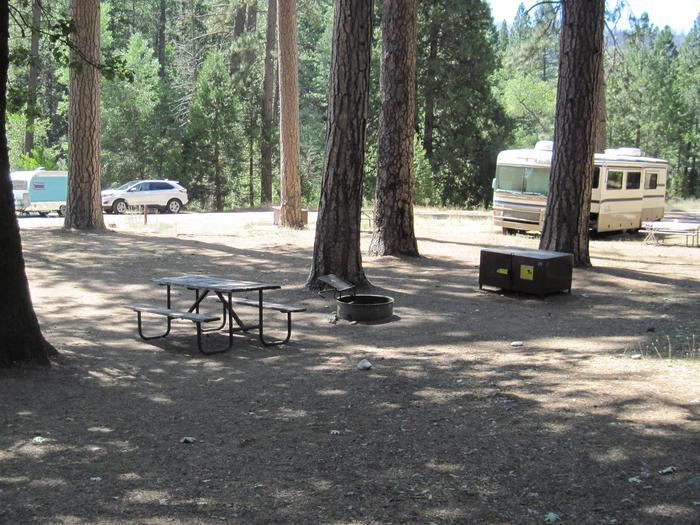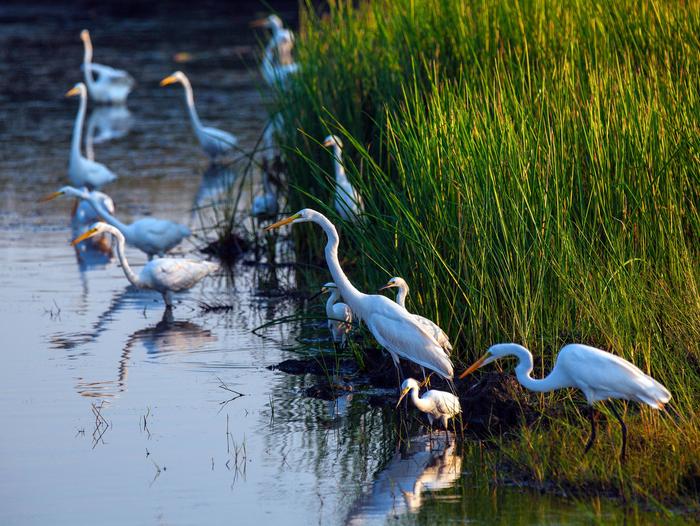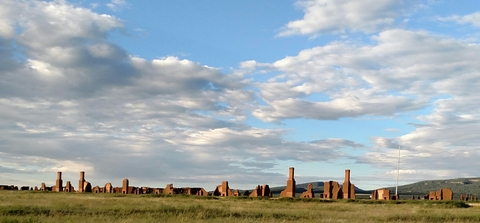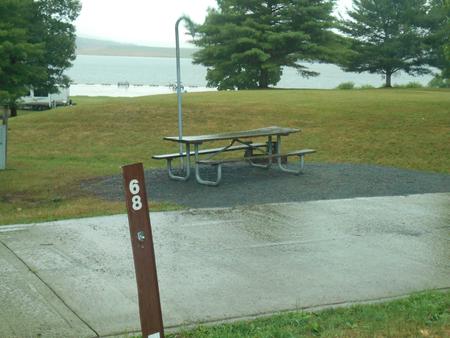Directions
From Winona, MN: Take Rt. 43 across the Mississippi River into Wisconsin. Turn right onto Rt. 54 east. Travel 5.7 miles, and take a right onto West Prairie Road. Refuge entrance is on the right after about one mile. From LaCrosse, WI: Take Rt. 53 north to Rt. 54 west. Follow 54 west to Centerville and continue 3.1 miles to West Prairie Road. Turn left on West Prairie Road and drive one mile to refuge entrance.
Phone
608-539-2311
Activities
AUTO TOURING, BOATING, INTERPRETIVE PROGRAMS, FISHING, HIKING, HUNTING, WILDLIFE VIEWING
Camping Reservations
Reserve your campsite at these camping areas:
Hiking Trails
Looking for nice hiking areas to take a hike? Choose from these scenic hiking trails:
Related Link(s)
More Wisconsin Recreation Areas
Young black terns sit on their floating nest, a great blue heron gracefully flies over the wetland, a gentle breeze blows across the sand prairie, and a wood duck finds shelter in the bottomland forest. Welcome to Trempealeau National Wildlife Refuge! This 6,200-acre refuge lies within the Mississippi flyway, along the Mississippi River in western Wisconsin. It is an isolated backwater, cut off from the Mississippi and Trempealeau rivers by dikes, providing needed resting and feeding areas for waterfowl and other birds. The refuge is situated in a unique geological formation known as the driftless area. Thousands of years ago, glaciers surrounded but did not pass over the land. Blown into mounds, sand and silt from melting glaciers formed the rolling sand prairies of the refuge. Wetlands are a prominent feature. Before the railroads arrived and the locks and dams were built, the lands within the refuge were part of the Mississippi River. As such, these backwaters experienced floods and droughts. Today, using dikes and control structures, managers can mimic this natural cycle by lowering the water to expose mudflats and allow plants to germinate. Migratory waterfowl and marsh birds benefit.






